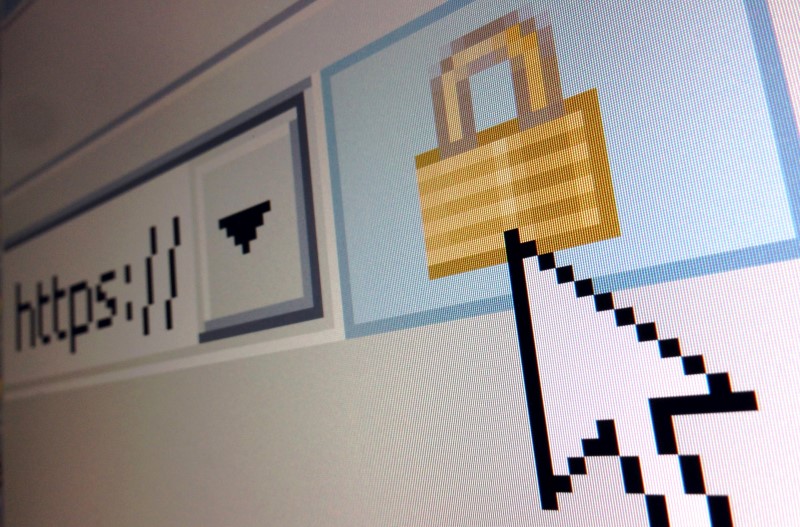Study reveals the virtual and real-world harms of using social media
11/10/2021 / By Ramon Tomey
A study has unveiled the dangers of using online social media networks, elaborating on how social media negatively affects people in both the actual world and the virtual realm.
Researchers at the University of Technology Sydney (UTS) have found more than 40 negative effects of social media use after analyzing more than 50 research articles published between 2003 and 2018. They have classified their findings into six main categories.
UTS researcher Layla Boroon says that “much of the research on social network use has focused on its benefits and potential.” She adds: “[We] were interested in comprehensively identifying the negative impacts that have been associated with social media use.”
Below are some of the social media harms Boroon and her team have found.
Cost of social exchange includes psychological harms such as lowered self-esteem, depression, anxiety or jealousy. This also encompasses other costs such as wasted time, energy and money. Harms related to annoying content happen when users see disturbing, violent, sexual or obscene content in their news feeds. This causes them to experience feelings of annoyance or irritation. Low performance happens when productivity in school or work diminishes due to excessive social media use.
Abuse or harassment by groups fall under cyberbullying. It usually comes in different forms such as sending abusive messages, stalking and spreading false rumors. Privacy concerns arise when users’ personal privacy is undermined by data leaks that reveal sensitive engineering. Security threats stem from operations involving fraud and deception, such as phishing or social engineering scams.
Eila Erfani, senior lecturer at UTS, says that the negative impacts of social media “have mostly been studied from a psychopathological perspective.” She adds: “The World Health Organization has recognized the need for further research on information technology addiction and the need to develop strategies for preventing and treating this problem.”
Harms of social media come to light
The study comes amid revelations that social media is a detriment to young people’s self-esteem and confidence. More than 3.6 billion people use social networks such as Facebook and Instagram – both owned by Mark Zuckerberg.
The social media company has been conducting research on the effects of Instagram on its user base. A report by the Wall Street Journal (WSJ) says that Facebook is aware of Instagram’s negative effects on teen girls. Leaked documents reviewed by WSJ, including internal slide presentations, bolster this finding.
Facebook researchers mentioned in a March 2020 slide that “32 percent of teen girls said that when they felt bad about their bodies, Instagram made them feel worse.” The researchers add: “Comparisons on Instagram can change how young women view and describe themselves.” This finding reinforced a 2019 internal slide that said Instagram “[makes] body image issues worse for one in three teen girls.” (Related: Facebook fully aware that Instagram is toxic for teen girls, according to company documents.)
Furthermore, the internal slides reveal that “teens blame Instagram for increases in the rate of anxiety and depression.” They warn that the Explore page can send users deep into harmful content. Instagram’s Explore page displays photos and videos curated by an algorithm based on content they view and like and other users they follow. (Related: “Facebook depression” surprisingly common among middle-aged adults as they dwell on what they don’t have.)
Addiction.news has more articles about the negative effects of social media platforms such as Facebook and Instagram.
Sources include:
Submit a correction >>
Tagged Under:
addiction, Big Tech, cyberbullying, Dangerous, Facebook, Instagram, mental health, mind body science, productivity issues, research, self-esteem issues, Social media, tech giants, teen girls
This article may contain statements that reflect the opinion of the author
RECENT NEWS & ARTICLES
COPYRIGHT © 2017 GLITCH.NEWS
All content posted on this site is protected under Free Speech. Glitch.news is not responsible for content written by contributing authors. The information on this site is provided for educational and entertainment purposes only. It is not intended as a substitute for professional advice of any kind. Glitch.news assumes no responsibility for the use or misuse of this material. All trademarks, registered trademarks and service marks mentioned on this site are the property of their respective owners.



















